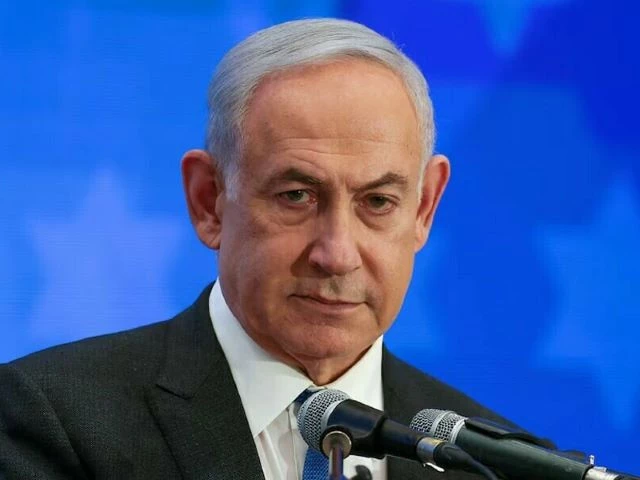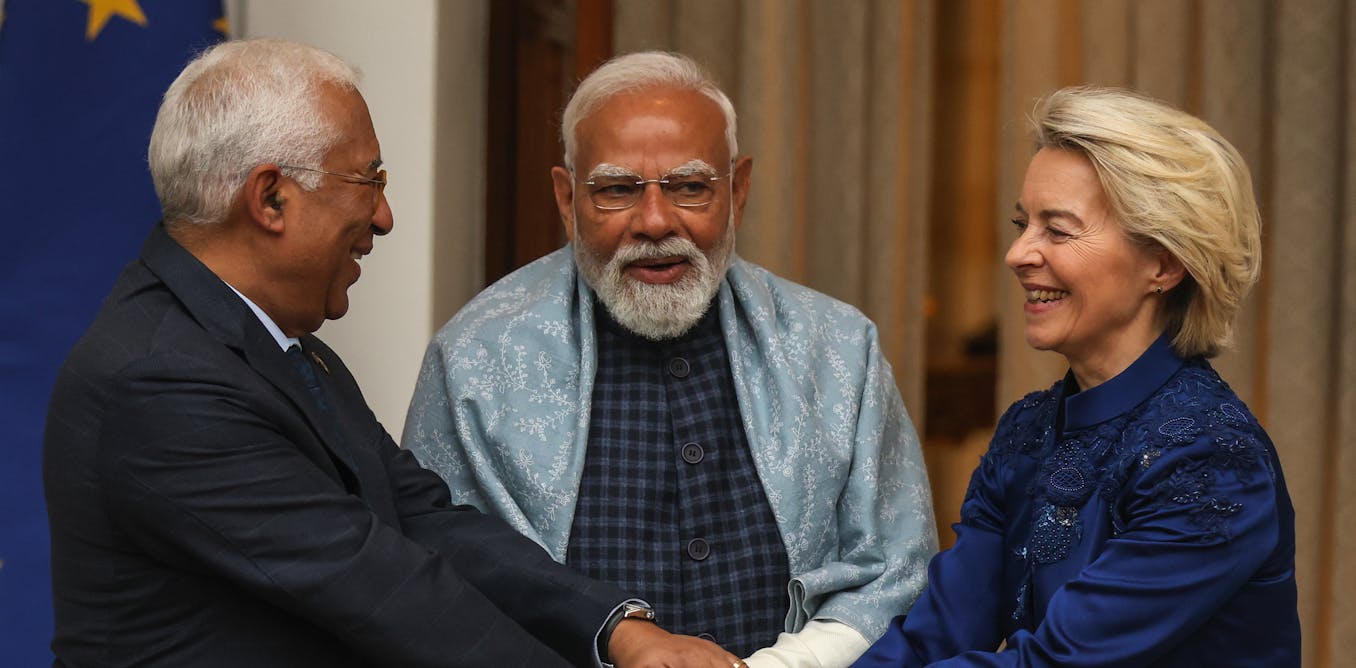.
Benjamin Netanyahu said Killing Iran’s supreme leader could end the conflict . PHOTO: REUTERS
MEITAR, ISRAEL:…

.
Benjamin Netanyahu said Killing Iran’s supreme leader could end the conflict . PHOTO: REUTERS

The “mother of all deals”: that’s how European Commission President Ursula von der Leyen described the new free trade agreement between the European Union and India, announced on Tuesday after about two decades of negotiations.
The…